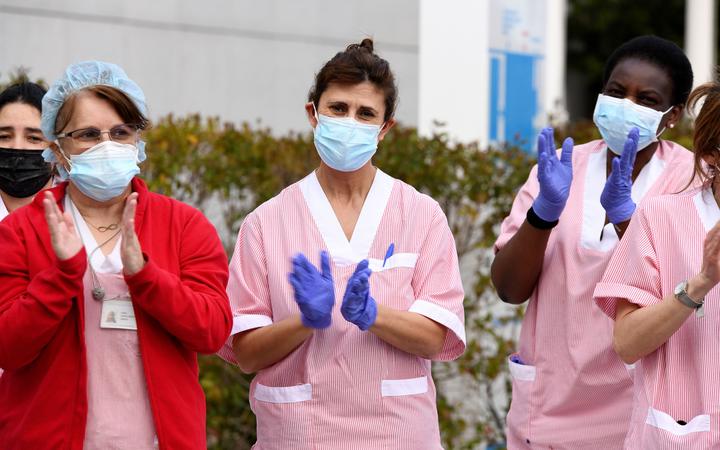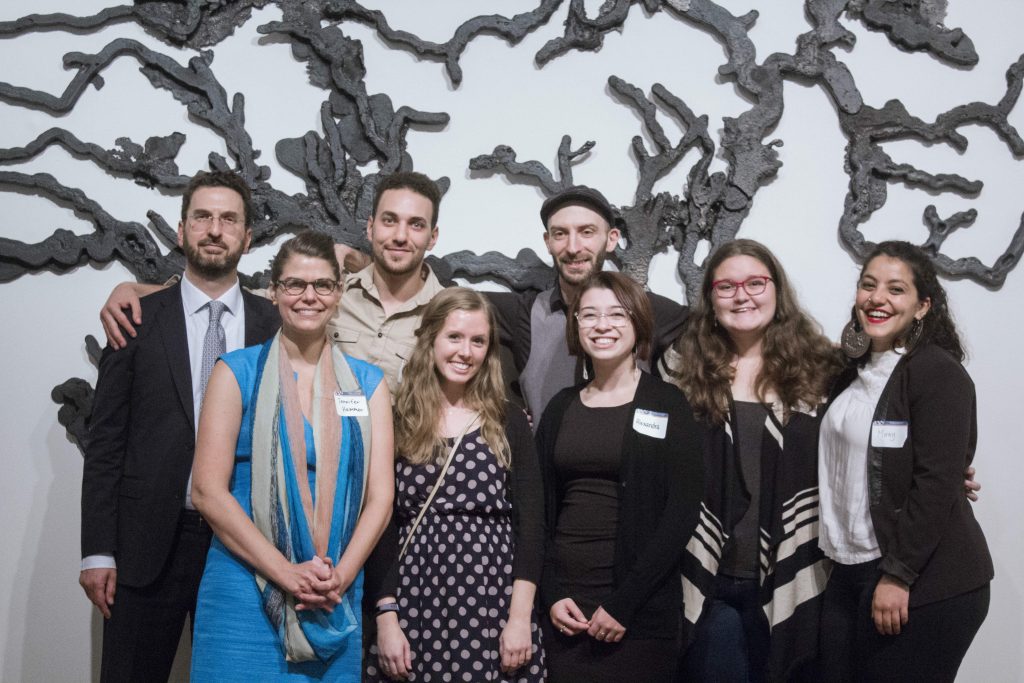This spring, the Minnesota legislature is debating a proposed mandate requiring Holocaust and genocide education in middle and high schools across the state. The proposal comes on the heels of work done in 2021 to increase the presence of the Holocaust and genocide in the revised social studies standards. This bill codifies the language in the standards revision. It establishes a task force of educators, experts, and community members that would work closely with the Minnesota Department of Education to implement requirements. The bill is a joint effort between CHGS and the Jewish Community Relations Council of Minnesota & the Dakotas.
If passed, Minnesota would join twenty-two other states with similar policies, but with two significant differences. First, unlike most states, our proposed mandate would provide funding for educator training. This would ensure teachers from across the state have equitable access to training and resources regardless of where they live. Second, the language in Minnesota’s proposal is more inclusive than other states, listing Black and Indigenous genocides. Specifically, the language includes “Indigenous dispossession, removal, and genocide.” This legislation would be the first state in the country to include Indigenous genocide.


